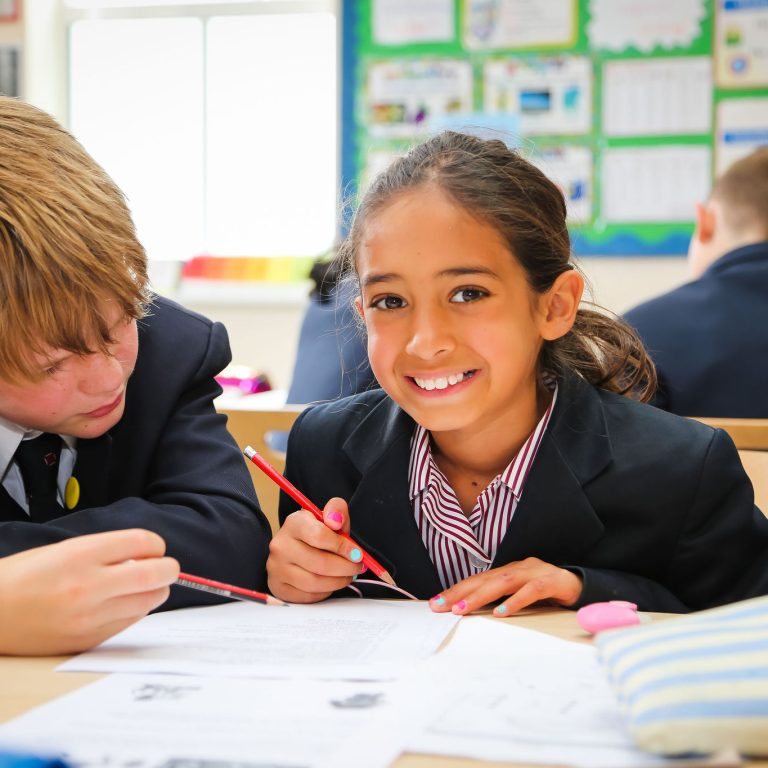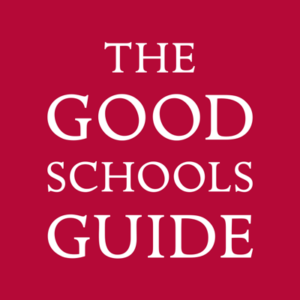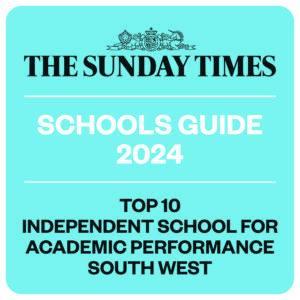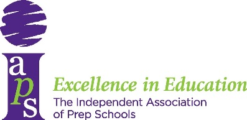- About Us
- Admissions
- Pre-Prep School
- Junior School
- Senior School
- Sixth Form
- School Life
- Exeter Alumni
- News & Events
- Contact us
Subjects
ENGLISH
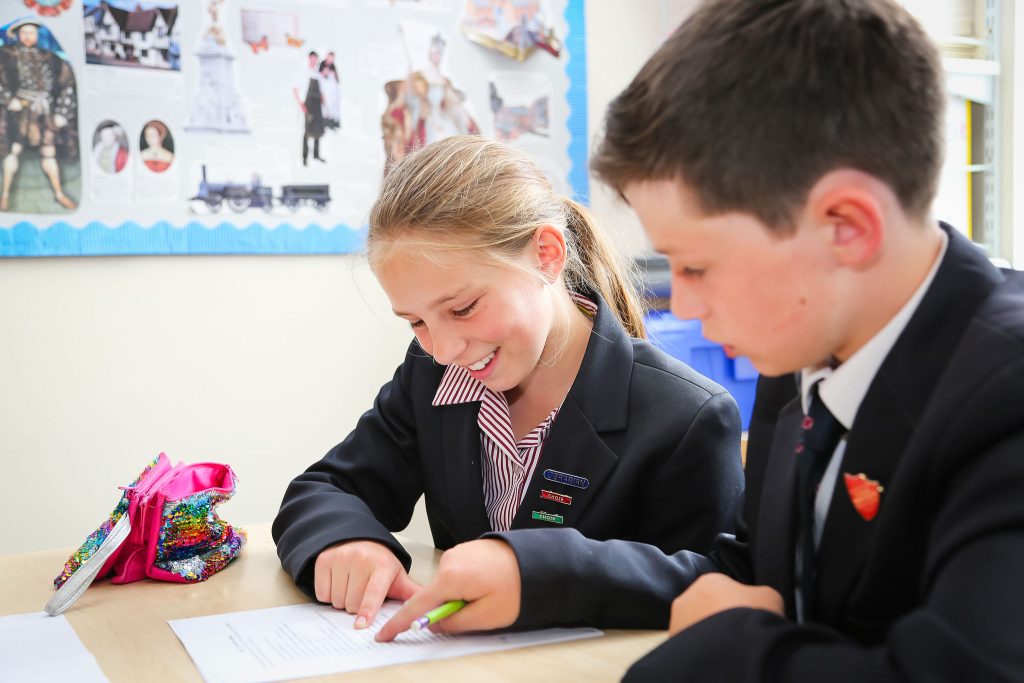
ENGLISH
We offer an exciting and stimulating curriculum which incorporates modern texts and classic literature. We know that pupils rise to the challenge of poetry and Shakespeare, even from a young age.
Reading is the key element of English teaching at the junior school. We therefore have a designated Reading Development Coordinator whose aim is to instil a love of reading and literature in every child. We are very proud of our richly stocked junior school library. It is an excellent resource to promote a love of books and reading for pleasure. Topic book boxes, which are regularly refreshed and updated, are used for every subject in every classroom to support teaching and independent learning and research. Our dedicated Reading Development Coordinator is there to implement an extensive programme of activities and events throughout the year.
Writing is also of paramount importance, with an emphasis on using stimuli from literature and from their own imagination to create pieces in both formal and informal styles. The children develop the craft of writing through discrete lessons in grammar and punctuation.
Pupils are further supported through extra-curricular clubs focusing on handwriting and spelling.
Our children are encouraged to enter public speaking competitions in order to develop their oral language skills and build confidence.
MATHS
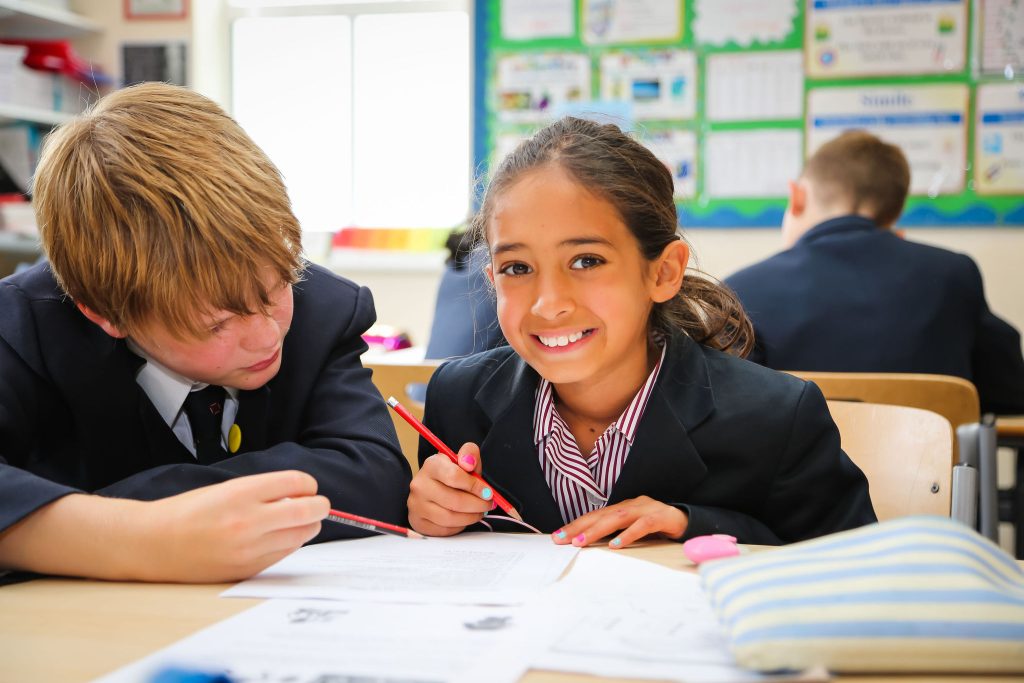
MATHS
Our main aim is for all our pupils to develop strong number sense, a confidence to try out different strategies, and develop a growth mindset approach to their mathematics.
We are fully curriculum-aligned, with pupils working to master each area of learning, whilst being provided with activities to encourage extra stretch and depth.
Enrichment and extension activities are provided to bring learning even more to life, helping pupils link theory and practice to the real world. This includes National Maths Challenges, Christmaths whole-school competitions, problem-solving days, visits, and independent projects such as Virgin Money “Make Your £5 Grow”.
Learning support is provided in various settings, including within the classroom in small group or one-to-one sessions, and computer maths games and activities to help increase confidence, concentration, accuracy and an enjoyment of the subject.
Regular assessments take place over the year, which focus on arithmetic, problem-solving, and reasoning, and help to identify areas mastered and skills to further develop.
Effective use of online tools, including Mathletics, ActiveLearn, and Google Classroom, enhances our teaching and learning, ensuring that our resources are relevant to our pupils in their increasingly digital lives.
The junior school maths curriculum team regularly shares teaching and learning ideas and the latest research and tools.
We maintain strong links with the senior school mathematics department, holding shared activities across the different year groups and ensuring our Upper Twos (Year 6s) are “senior school ready”.
SCIENCE
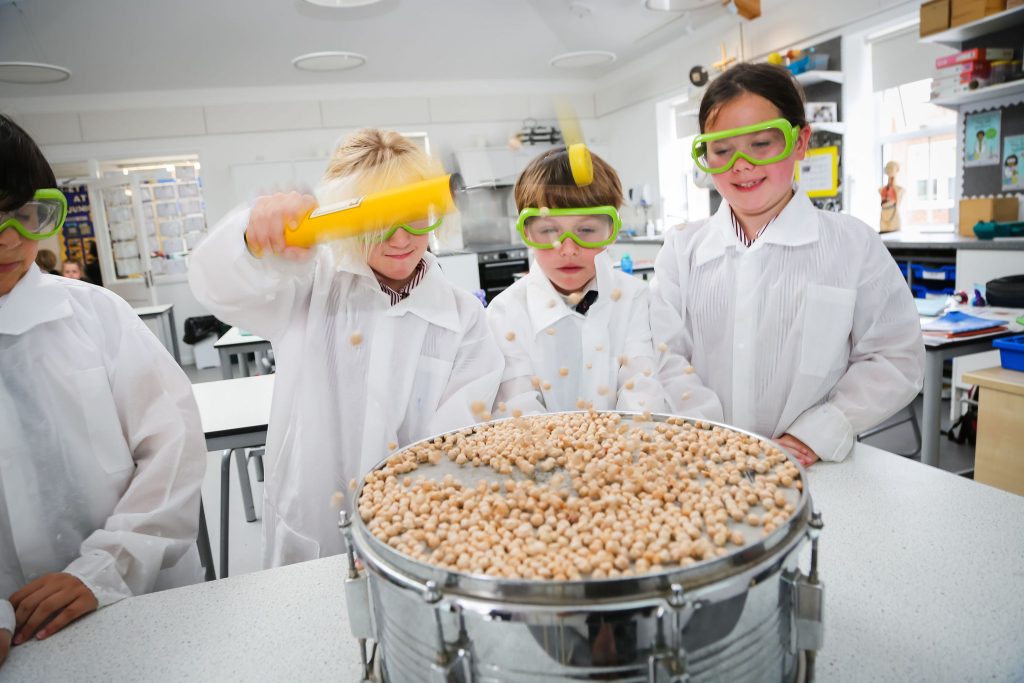
SCIENCE
Every pupil’s curiosity is encouraged and valued at Exeter Junior School; they are excited and enthusiastic when anticipating their science lessons.
We aim to ensure science is as practical and as hands on as it can be. Our pupils enjoy learning through exploration and questioning, and they benefit from a range of high-quality resources and a specialist science teaching facility.
Enrichment events, workshops and visits from scientists from the wider community take place regularly, with pupils in Upper Two (Year 6) enjoying an annual trip to the Eden Project.
Teachers at Exeter Junior School use a range of assessment strategies during science lessons. Progression of science skills is evident and taught throughout. Pupils confidently use accurate scientific vocabulary in context. All pupils are actively engaged in a science enquiry; using a variety of enquiry strategies, independently making decisions, answering their own questions. Pupils in Upper Two (Year 6) benefit from their science lessons taking place in the senior school science facilities, delivered by subject specialists in biology, chemistry and physics.
Although science is very much taught as a core subject in its own right, it is also a key part of the STEAM (science, technology, engineering, arts and mathematics) events that take place at Exeter Junior School.
ART
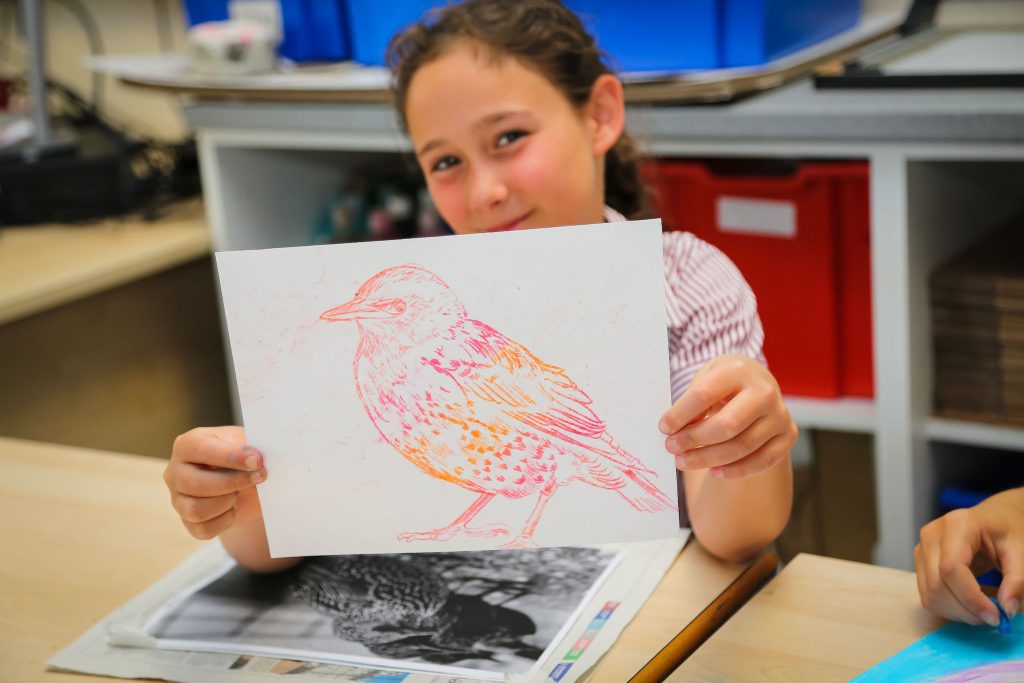
ART
Junior school art aims to provide a wealth of rich and inspiring opportunities for all pupils to develop an awareness and love of art.
The curriculum is designed to stimulate curiosity, creativity and enjoyment, whilst providing fundamental skills and knowledge. Encompassing as many cross-curricular links as possible, we set out to make the subject relevant and inspiring.
The pupils are encouraged to access a variety of art techniques, and experience success and enjoyment in the projects undertaken. This can be seen within lessons, extra-curricular clubs, art projects, and masterclasses.
Pupils are taught to respect and use resources appropriately and safely. These expectations gently increase as they progress through the school, so that they can make more informed and independent choices about the outcomes of their work.
In addition, there is an art club, sketching club and masterclasses as well as an annual junior school art show.
Pupils enter a number of competitions, both internally and externally, including the National Gallery Take One Picture Project.
COMPUTER SCIENCE
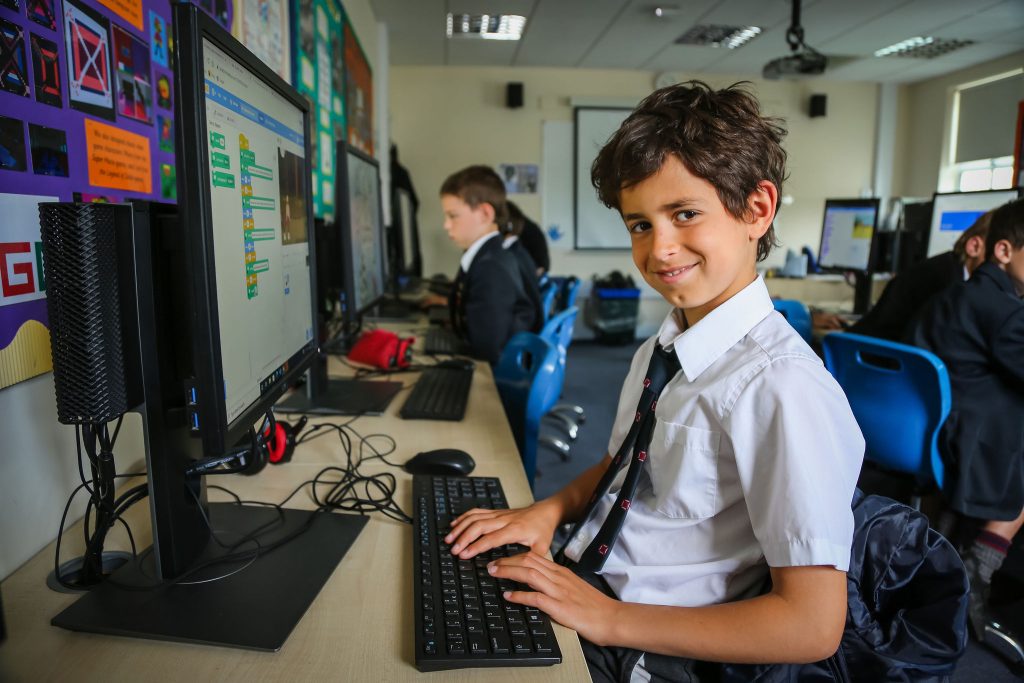
COMPUTER SCIENCE
Our curriculum is made up of digital literacy, computing and IT to provide all pupils with a wide variety of experience. All pupils can access their work from home using both our school intranet and Google Classroom.
We have a well-equipped computer suite with access to a range of devices to support physical computing and a class set of bookable laptops to promote technology throughout the curriculum.
We have clear links with STEAM subjects across the curriculum and promote the value of these subjects to our pupils through competitions, assemblies and taking part in national initiatives such as the BEBRAS Computational Thinking Challenge, Hour of Code, National Coding Week, the Duke of York’s iDEA scheme and Astro Pi’s Mission Zero.
Pupils use both visual and text-based programming languages including Kodu, Scratch and Python to become confident coders.
A range of clubs run throughout the year for pupils including iDEA, game design, coding, robotics and digital pioneers. We are a lead school in computer science, sharing our expertise with others in the community.
Computer Science Coordinator Siobhán Morgan was named Minecraft Global Mentor in 2020. She was selected to join an inspiring group of over 300 mentors from 70 countries from over 1,200 applications.
The Minecraft Mentor program recognises educators who have committed to teaching with Minecraft: Education Edition, providing feedback and support to others in the community and advocating for game-based learning.
DRAMA
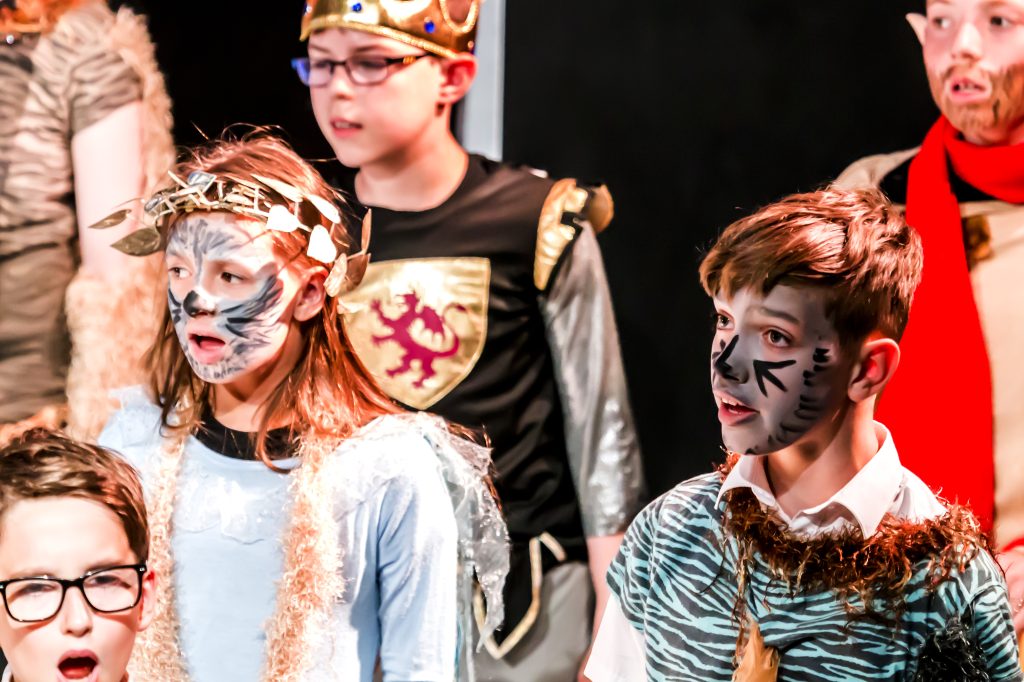
DRAMA
In the junior school, we are delighted to offer every class one dedicated lesson of drama a week. These lessons are linked with the topic work studied so that the pupils are able to explore excellent texts in a creative way which, in turn, leads to a variety of written tasks and performances. These performances include poetry, plays and prose both written by writers of great renown and also penned by the pupils themselves through workshops and improvisation.
In Upper Two (Year 6) the children study Shakespeare at some length and this is complemented in drama lessons by performances of scenes from several of the plays where the children are able to interpret the scenes themselves and visualise how they might be staged. Pupils in Upper Two perform in an end of year production which involves every pupil.
The department regularly organises theatre trips, professional drama workshops, and authors visits.
DESIGN TECHNOLOGY
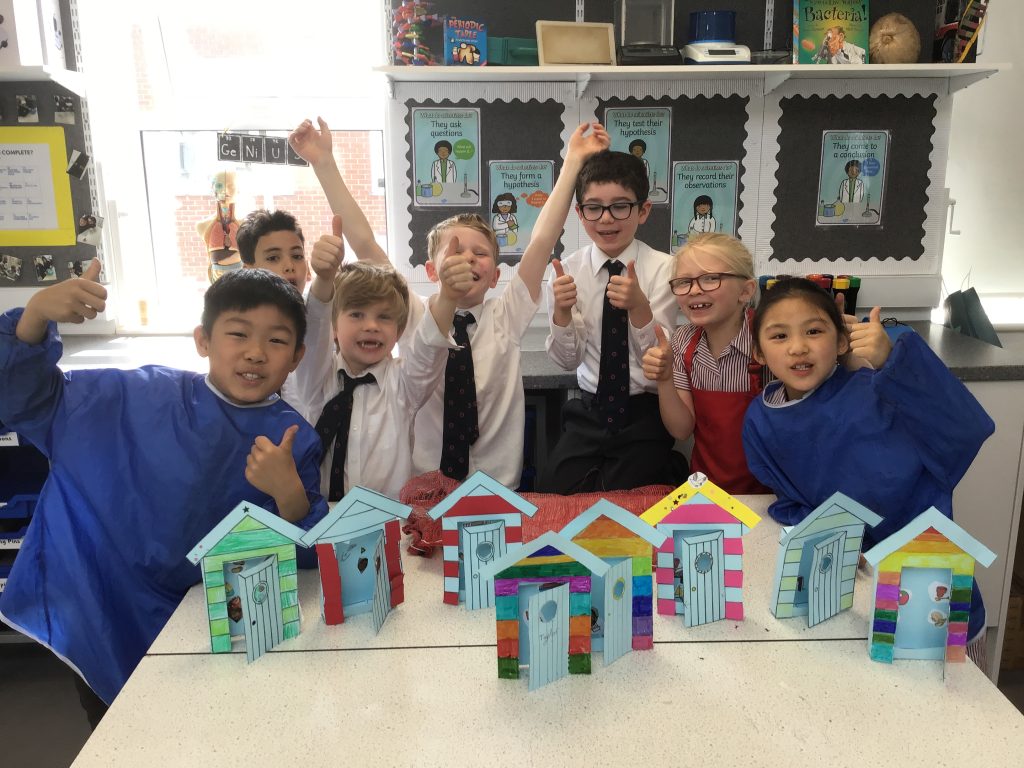
DESIGN TECHNOLOGY
Our curriculum focuses on designing for purpose and includes food technology, textiles and engineering.
Pupils use Lego and K’Nex to learn about mechanics and gears. Access to laptops in lessons allows pupils to use devices including Makey Makeys, Micro:bits and Crumbles. Makey Makeys allow pupils to be creative in their designs to make products that can be programmed to respond to different inputs.
We have clear links with STEAM subjects across the curriculum and promote the value of these subjects to our pupils through competitions, assemblies and taking part in national initiatives such as the Year of Engineering and Tomorrow’s Engineers Week.
Pupils are introduced to CAD software and use these skills to produce packaging for their food products and keyrings that are later laser-cut. Projects are completed with the support of the senior school meaning that our pupils have access to 3D printing and laser cutting.
GEOGRAPHY
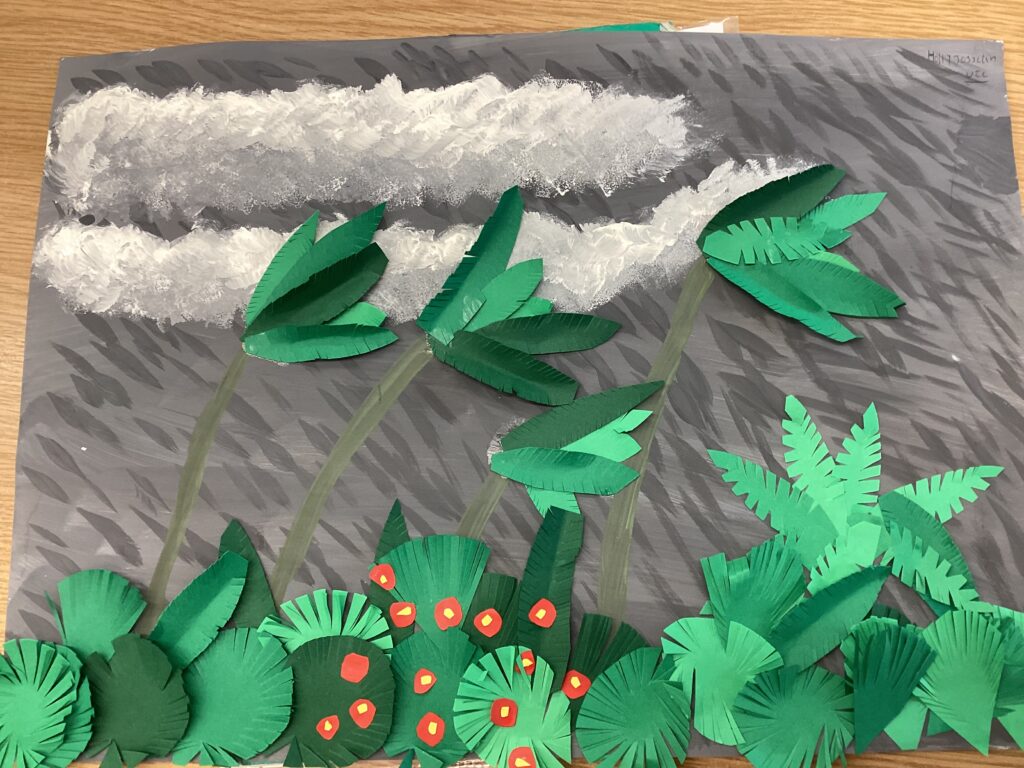
GEOGRAPHY
Geography inspires pupils to investigate and unravel the inter-relationships between people, places and environments across the world. It stimulates and answers questions about the processes and patterns that shape our world, and the interactions between the Earth and its people.
A variety of opportunities enable pupils to develop a broad foundation of geographical skills. Enquiry-led teaching gives pupils the chance to take ownership of their learning. Pupils make the most of ICT and technology such as Digimap for research.
There are many opportunities for cross-curricular links: presentation skills and discussion, writing at length, and library skills (English); table and graph interpretation, time zones, coordinates and directional language (maths); map drawing and sketching (art).
We make good use of our locality for field work, including the immediate area around the school, the city of Exeter, Devon Farmwise at Westpoint Arena, and habitats in wider Devon and Dorset, such as the Exe Estuary and Lulworth Cove.
HISTORY
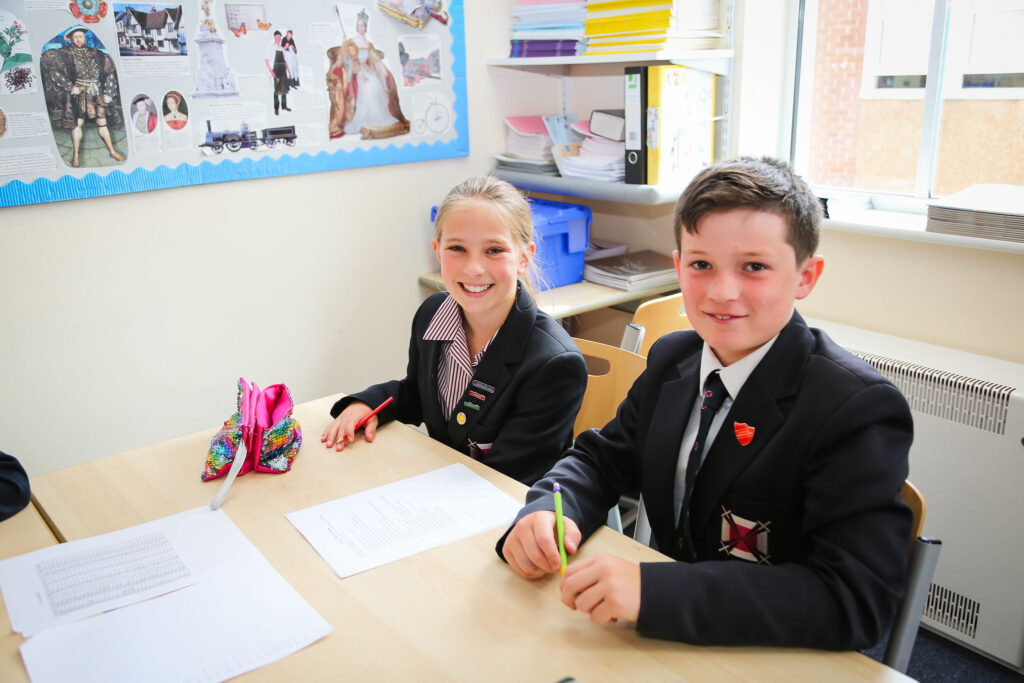
HISTORY
History lessons set out to promote positive attitudes towards and enjoyment of the subject, with a blend of key facts, discussion, and a good measure of fun.
Pupils are encouraged to see a connection between the past and the present, of lives lived in worlds gone by and how we live in today’s ever-changing world.
Numerous close cross-curricular links, particularly with English and drama, and art and design, bring the subject to life.
Pupils value vibrant displays which brighten the school over the course of the year. Anglo-Saxon warrior cut-outs, Viking clay brooches and torcs, and gory Aztec temples all bring the past into the present.
Full use of ICT and library resources and topic boxes enhance more in-depth studies. For example, in the summer term, Year 6s curate fascinating facts from modern British history.
All classes enjoy special themed days involving visiting storytellers.
LANGUAGES
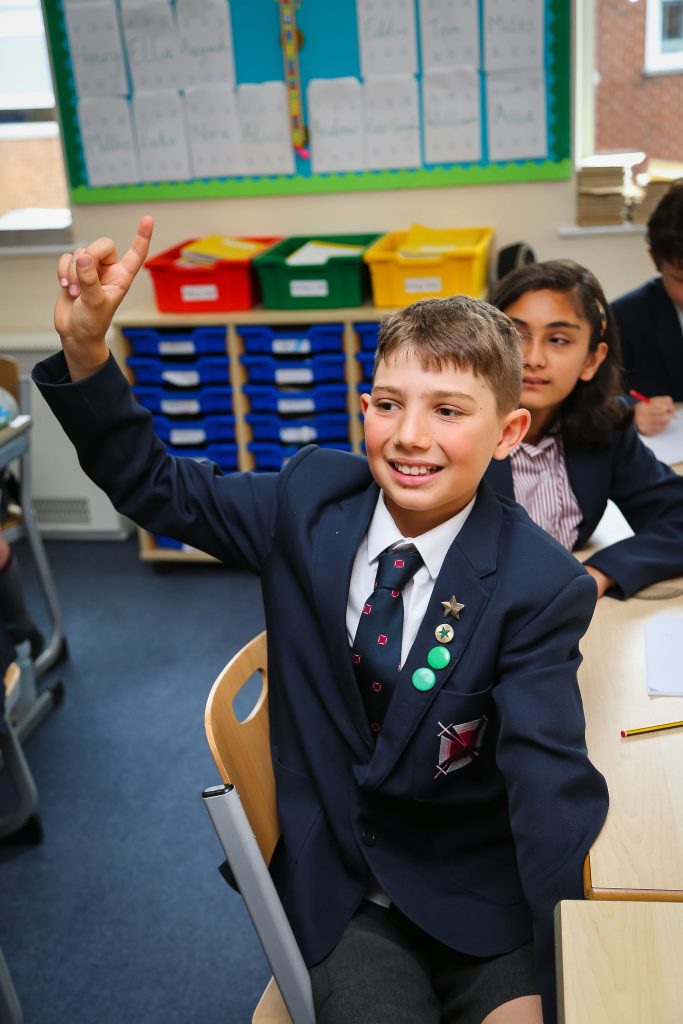
LANGUAGES
During their time at Exeter Junior School pupils experience four languages. French in Form One (Year 3), Spanish in Upper One (Year 4), in Lower Two (Year 5) it is German, and finally in Upper Two (Year 6) pupils learn Latin. Pupils enjoy a range of extracurricular activities, and in Form One pupils participate in La Nativité, our annual nativity play delivered in French. There is an annual visit from the Onatti Theatre Company, who perform a light-hearted and entertaining play, entirely in French.
The focus for learning is the syntax and phonics of the languages and an understanding of the cultures and traditions of the countries in which they are, or in the case of Latin, were spoken.
We aim to highlight to pupils that different is simply different, eradicating any preconception that people ‘like me’ are normal and anyone different is strange.
And most importantly, we learn that there is a big, fun world out there beyond beautiful Devon – and that the most fun can be had when you can speak the language of the country you find yourself in!
MUSIC
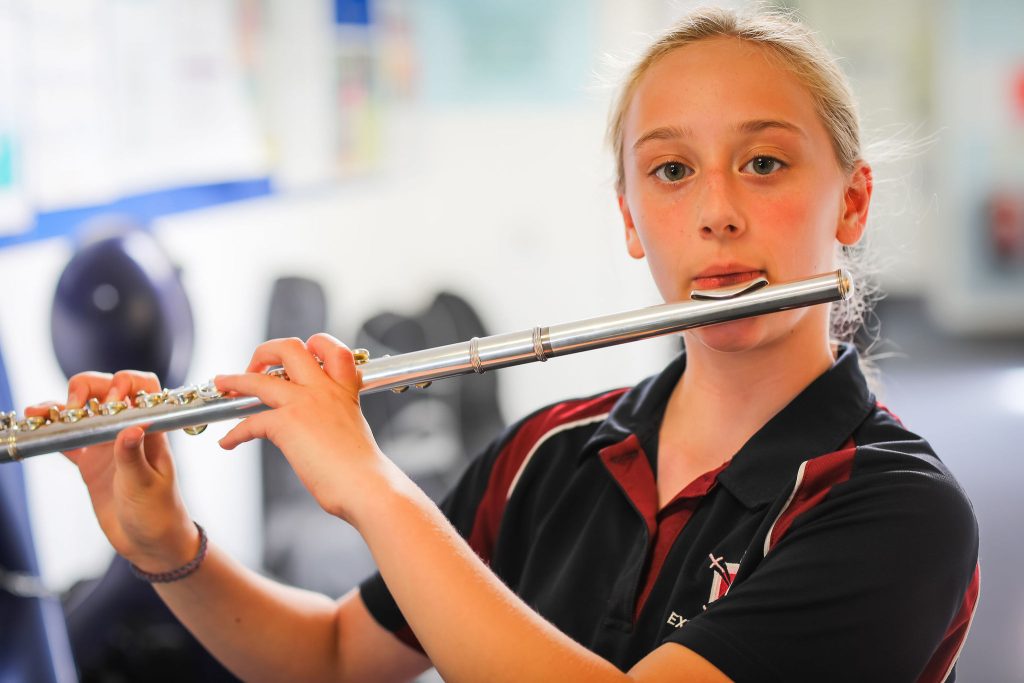
MUSIC
Our aim in music is to provide our pupils with a stimulating, enjoyable learning environment in which they can share our love of music and its infinite possibilities for self-expression, creativity and understanding of the learning process.
We hope to encourage and instil a joy in and a confidence in music learning and making, both of which our pupils can carry with confidence into the next stage of their education and beyond.
All junior school music classes include singing, which forms the basis of much of the lesson content, with aural, theory, listening and performance tasks all derived from the selected singing repertoire. We firmly believe that at this stage in the children’s musical development, singing forms the foundation of all music learning.
Pupils also have the opportunity to use full-size digital pianos and keyboards as well as computers and music-writing software for developing their composing skills.
All Form One (Year 3) pupils have a free 35-minute string instrumental lesson with one other pupil every week through the Exeter School String Instrument Scheme (ESSIS). The scheme both supports the children’s academic growth and paves the way for growing participation in orchestras and bands in future years. The pupils lessons are on string instruments, complementing the whole class string tuition delivered to Form One children. Children will also be provided with instruments to practise on at home, free of charge.
Class music lessons are taught by specialist music staff who also teach within the senior school. All lessons take place in the music school.
PSHE
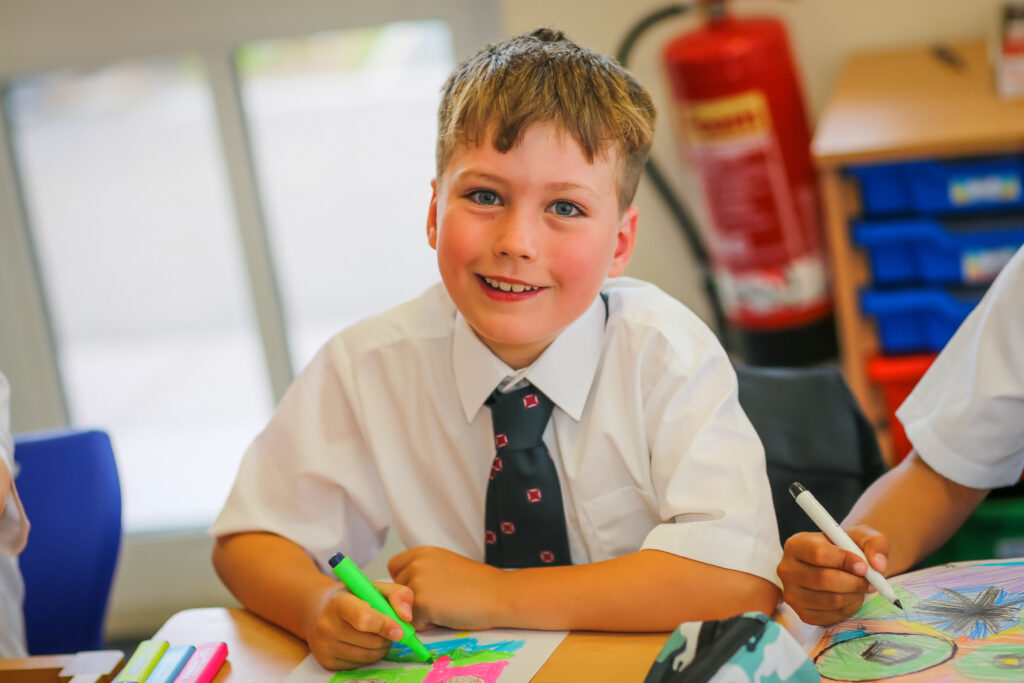
PSHE
Children are naturally curious about the adult world and their relationship to it.
Our PSHE programme is tailored to meet the needs of young people facing the opportunities and challenges of life in the twenty-first century. We want our pupils to be excited by rather than anxious about the world beyond the school gates.
Through shared ambitions and endeavours, Exeter Junior School seeks to instil the core values of respect, integrity, teamwork, discipline, enjoyment and a love of learning.
The SEAL programme (Social Emotional Aspects of Learning) underpins our PSHE programme, providing the weekly themes for our assemblies and forming the framework for the curriculum throughout the school. Posters in every classroom are a fitting reminder of the school’s core values.
Pupils are encouraged to adopt mindfulness practices through taught sessions and special assemblies delivered by our trained Mindfulness in School (Paws B) practitioner.
The Thrive Programme develops and supports all pupils’ social and emotional needs and provides another strand to the junior school PSHE curriculum.
We are a listening school and have a School Council that meets regularly. The children greatly appreciate knowing their views are considered and their best ideas implemented.
RELIGIOUS STUDIES
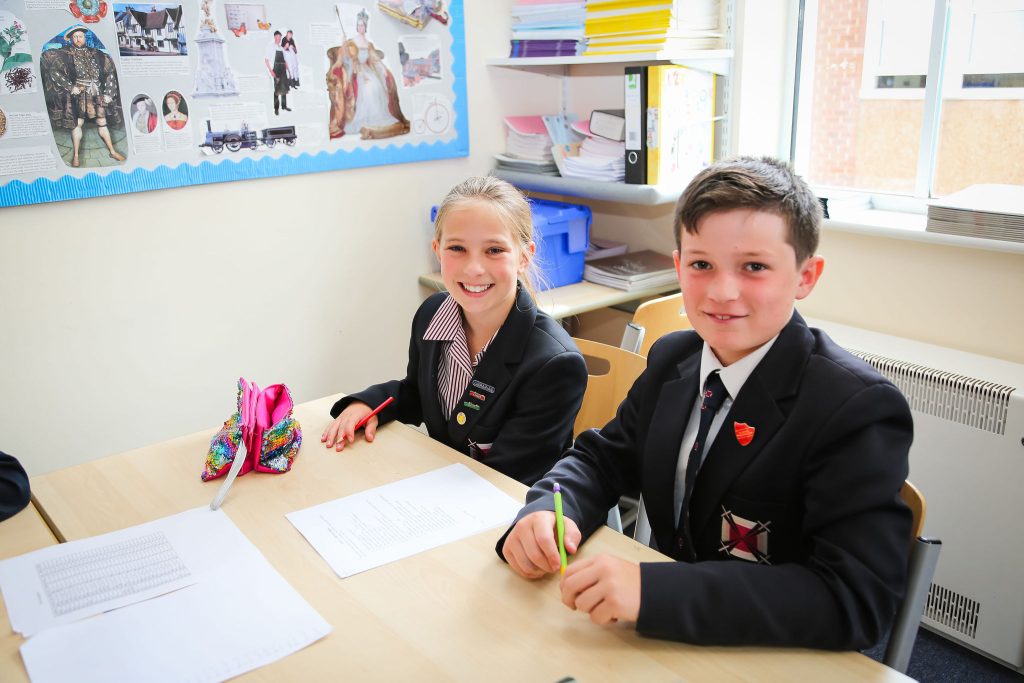
RELIGIOUS STUDIES
Religious studies aims to be a fun lesson in which our pupils can express their views, whatever their faith position.
We learn about many religious celebrations from across the world in addition to key Christian beliefs and festivals. We aim to develop our pupil’s religious literacy in order that they are more understanding and empathetic towards others.
Pupils enjoy finding out about different religious beliefs and learning stories from many different cultures and traditions. Through the use research, discussions and drama, we develop our pupils’ understanding about beliefs of others and to develop empathy with others. We often share what we have learned in assemblies in the junior school hall or chapel. We regularly welcome visitors to speak about relevant topics during assemblies and RS lessons.
Our religious studies lessons contribute to pupils’ personal development and well-being and promote mutual respect and understanding in a diverse society. Our curriculum offers opportunities for personal reflection and spiritual development, deepening the understanding of the significance of religion in the lives of others.

